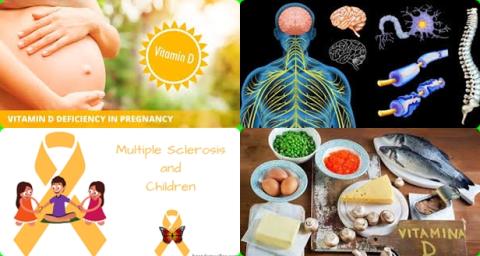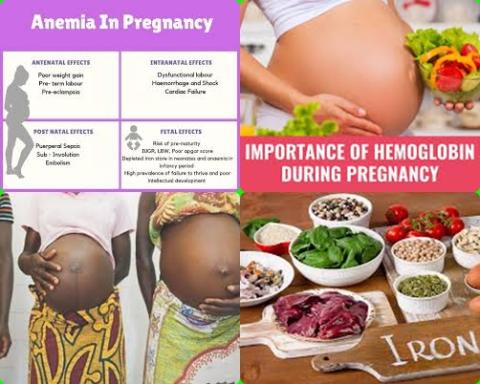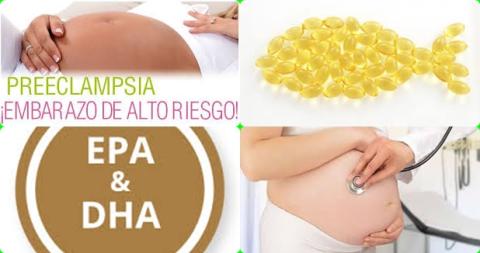Probiotic supplementation during pregnancy is beneficial for gestational age

Objectives:
Probiotics are being used increasingly in pregnant women, whereas the efficiency on pregnancy outcomes is yet lacking. Therefore, this review article has been conducted.
Have probiotic supplements during pregnancy positive effects on pregnancy outcomes, such as eczema, gestational age?
Study design:
This review article included 18 RCTs with a total of 4,356 pregnant women.
Results and conclusions:
The investigators found probiotic supplementation during pregnancy significantly decreased risk of atopic eczema with 32% [RR = 0.68, 95% CI = 0.58 to 0.81, p 0.001, without significant heterogeneity].
The investigators found probiotic supplementation during pregnancy significantly decreased risk of eczema with 21% [RR = 0.79, 95% CI = 0.68 to 0.91, p = 0.002, without significant heterogeneity].
The investigators found probiotic supplementation during pregnancy was associated with a prolonged gestational age [WMD = 0.09, 95 % CI = 0.04 to 0.15, p = 0.001 with insignificant heterogeneity].
However, probiotic supplementation during pregnancy had no significant effect on birth weight [p = 0.851].
The investigators found probiotic supplementation during pregnancy significantly decreased risk of death with 66% [RR = 0.34, 95% CI = 0.13 to 0.91, p = 0.031, without evidence of heterogeneity].
The investigators found probiotic supplementation during pregnancy significantly decreased risk of necrotising enterocolitis (NEC) with 62% [RR = 0.38, 95% CI = 0.18 to 0.11, p = 0.012, without evidence of heterogeneity].
The investigators concluded probiotic supplementation in pregnant women is beneficial for atopic eczema, eczema, gestational age, death and necrotising enterocolitis.
Original title:
Effect of probiotic supplementation in pregnant women: a meta-analysis of randomised controlled trials by Kuang L and Jiang Y.
Link:
https://www.ncbi.nlm.nih.gov/pubmed/31856928
Additional information of El Mondo:
Find more information/studies on probiotic and pregnancy right here.
Necrotizing enterocolitis (NEC) is a devastating disease that affects mostly the intestine of premature infants. The wall of the intestine is invaded by bacteria, which cause local infection and inflammation that can ultimately destroy the wall of the bowel (intestine). Such bowel wall destruction can lead to perforation of the intestine and spillage of stool into the infant’s abdomen, which can result in an overwhelming infection and death.


